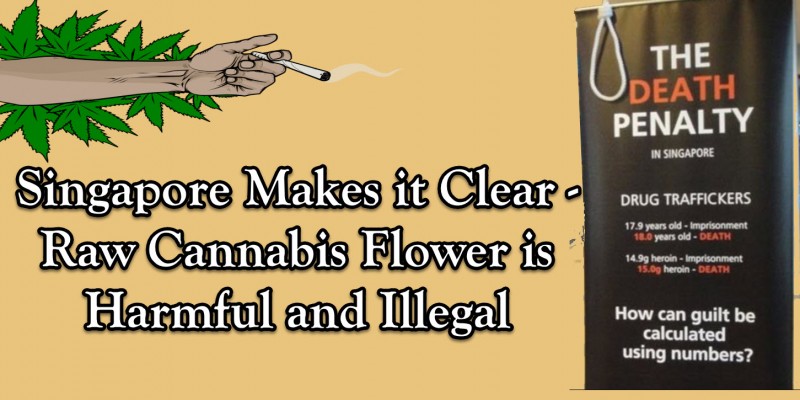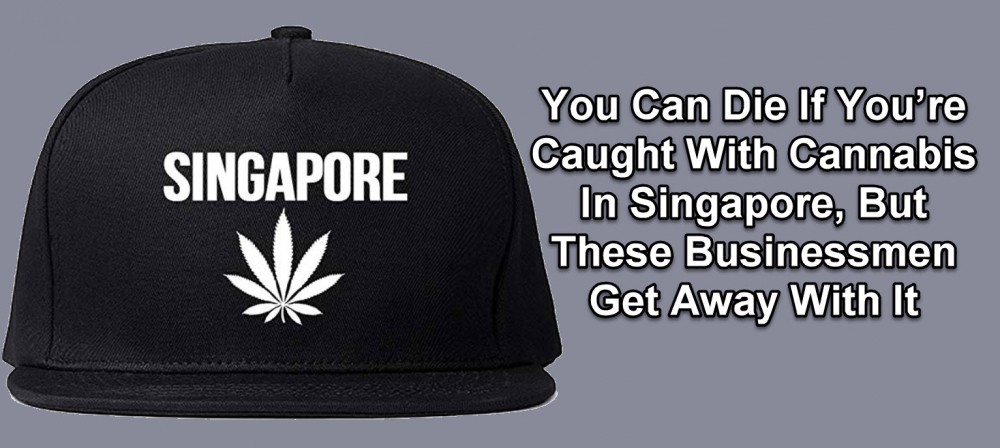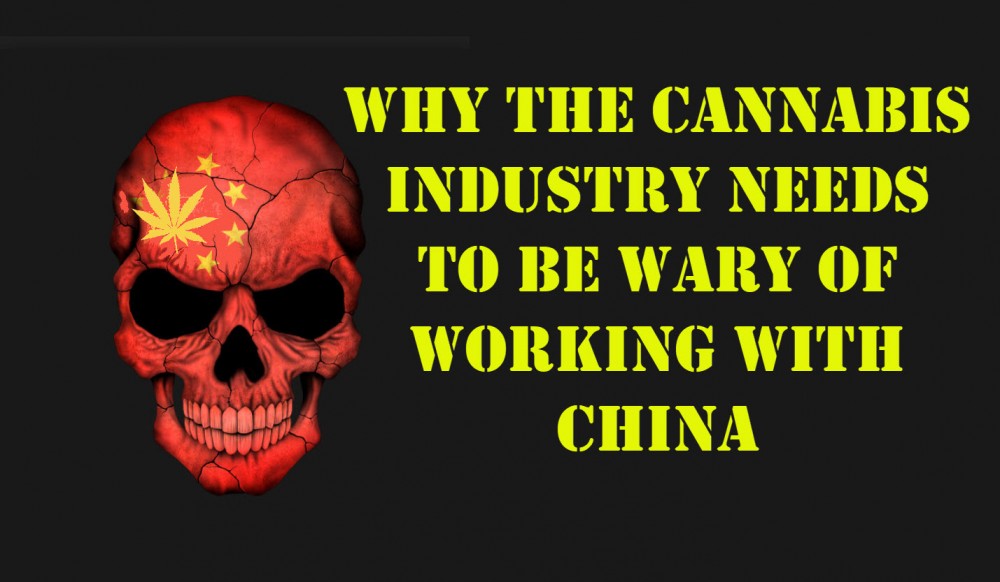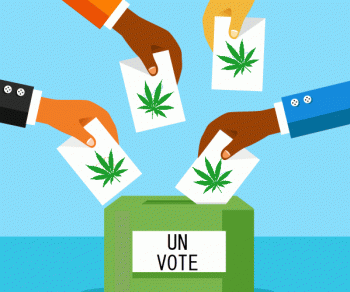Singapore Makes It Clear: Raw Cannabis Is Harmful & Illegal
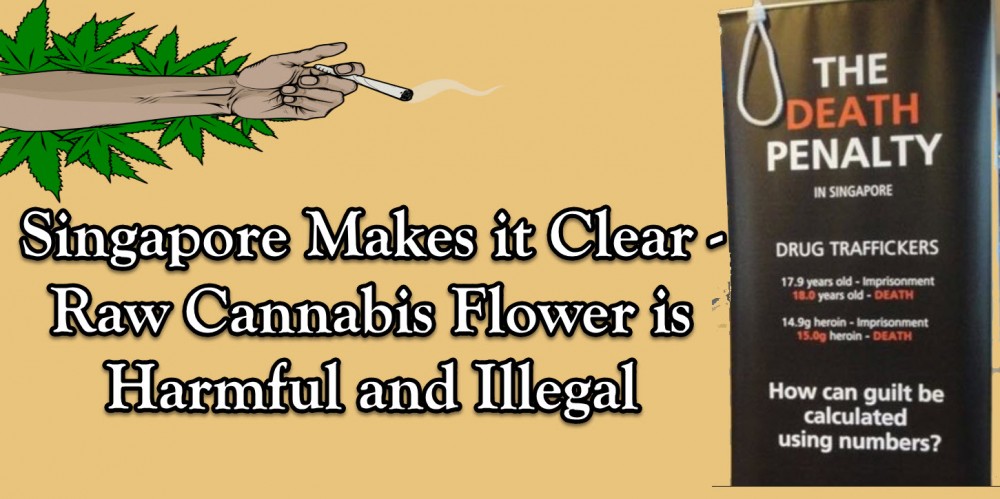
Asia may be the newest, and perhaps most surprising region, to follow suit in the global trend of legalizing cannabis.
With Thailand and South Korea legalizing cannabis for medical use, the Philippines may follow soon enough, but Singapore makes it clear that they still have a zero-tolerance policy when it comes to all drugs including cannabis.
Even though Singapore is home to some pharmaceutical cannabinoid businesses, the Ministry of Home Affairs and the Ministry of Health made a clarification that there is a difference between raw or unprocessed pot, and pharmaceutical applications made with cannabinoids. “Our drug policies are underpinned by evidence and research,” says the joint statement issued by the two ministries this week. They believe that drugs have the potential to cause harm to the fabric of society, and can still be harmful for the population.
“Cannabis is clearly addictive and harmful, and there is no scientific evidence of the safety and efficacy of raw cannabis use,” the statement reads. “This supports our position that cannabis should remain an illicit drug. At the same time, we will continue to allow safe and controlled access to evidence-based medical treatment options.”
The authorities said that cannabinoids that can be administered through the consumption of pharmaceutical products, such as those in spray form or oral solutions, would be allowed. “There is some published research, derived from controlled clinical trials, on the potential therapeutic uses of cannabinoids to manage seizures and epilepsy,” the statement says.
Late last year, a cannabis company based in Singapore made headlines because they were able to get away with establishing such a company in a country notorious for its zero-tolerance approach for drugs. CannAcubed, a marijuana company in the business of growing industrial hemp, exports CBD products to Europe as well as other markets. They were able to do so by registering their company in Singapore as a biotech firm; a “diversified cannabis company.”
“The base in Singapore is simply set up as a holding entity so whether we have operations in China, or someday in Thailand or Laos – that doesn’t affect us being in Singapore,” says CEO Glenn Davies.
However, their plantations are located in Yunnan, China.
“Singaporeans are very intrigued, very interested,” Davies said. “They get excited and want to know about it and understand the industry. From our perspective it’s always constant education… people want to learn what we do, how it works, where we buy, and how CBD is extracted.”
Singapore’s National Research Foundation also made an announcement that they would be looking into synthetic cannabinoids. CannaAcubed reached out to help with the study, since Davies sees the Lion City’s potential for benefiting from the economic benefits of cannabis businesses. “Knowing now that Singapore has already been interested in the therapeutic benefits of CBD, I do think it’s just a matter of time.”
The National Research Foundation is investing time and money into a 5-year study, funded partly by a $25 million Synthetic Biology Research Development program.
Singapore Authorities Do Not Acknowledge Current Scientific Studies On Cannabis
According to the Singapore authorities, a 2015 study conducted by the Institute of Mental Health revealed that raw, unprocessed cannabis is both addictive and harmful. “The team concluded that cannabis consumption is associated with irreversible brain damage, brain shrinkage, and serious mental or psychiatric illnesses,” they said. “The Singapore Government’s stand on illicit drugs, including cannabis, is clear – they are harmful, addictive and can destroy lives, families, and communities.”
Aside from the mentioned study, the authorities do not acknowledge the many other studies proving the safety and efficacy of pot when used as medicine. They also cite the fact that other countries who took a more relaxed stand on cannabis suffered serious societal harms. “Therefore, we have strict laws against the trafficking, possession, consumption, and import or export of illicit drugs including cannabis and cannabis products.”
Singapore may be the very last country in the region, or even the world, to legalize cannabis. The ministries’ statement said that the country’s “comprehensive and sustained approach” to eliminating drug supply and demand has enabled Singapore to stay drug-free. According to the Straits Times, drug abuse arrests made up only 0.1% of the overall population.
Don’t expect to be able to bring or even use cannabis in Singapore any time soon. Getting caught with it can cost you your life!
OTHER STORIES YOU MAY ENJOY...
SINGAPORE DRUG COMPANY GETS AWAY WITH HEMP, BUT YOU CAN'T, CLICK HERE.

